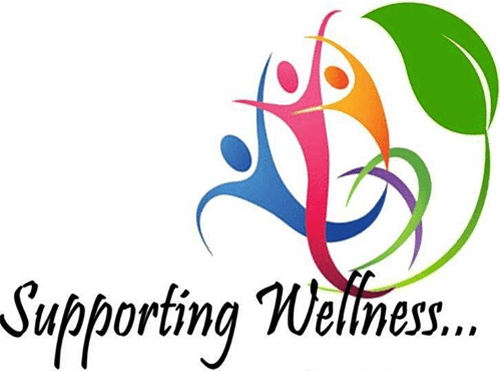Conversations around ADHD often revolve around children’s performance at school. Yet adult ADHD is more common than most people think. And with many more responsibilities and expectations to handle as adults, the challenges can feel much bigger and harder to manage. In the workplace, ADHD can make even the most routine tasks feel overwhelming, from managing emails to keeping stress levels in check. What Does Adult ADHD Look Like? Adult attention-deficit/hyperactivity disorder often looks different than the hyperactive child stereotype. For a lot of professionals, it shows up as: None of this means you’re bad at your job—it just means your brain works differently from a neurobiological perspective. Play to Your Strengths Adults with ADHD often have a real edge when it comes to creative problem-solving, thinking fast under pressure, generating ideas, and hyperfocusing on work they actually care about. The goal is to build a career environment where those things get to shine. Here are a few ways to …
ADHD in Adulthood: Understanding Assessments and Treatment Options
ADHD can be diagnosed at any age. While we’re used to hearing about ADHD assessments for kids, these evaluations can be just as important for adults. We can only imagine how frustrating it can be to live with undiagnosed ADHD. It might feel like a constant battle with managing your time, staying focused, and avoiding impulsive decisions. These challenges can impact your relationships, careers, and everyday life in ways that are hard to explain if you don’t know what causes them. And yet, less than two out of ten adults with ADHD actually know they have it.1 Without that awareness, people often struggle in silence, feeling like something’s off but not knowing why. Getting assessed can be the key to understanding those challenges and finding ways to manage them. In this guide, we’ll cover ADHD in adulthood – from what an assessment entails to the treatment options that can help. The more you know, the better equipped you are to …
ADHD Assessments: What Parents Should Know
Being a parent of a child with ADHD can be overwhelming without the right support. Your child might dart down the aisle and touch everything in sight, continue to roughhouse when it’s quiet time, or struggle to follow basic instructions and miss important details. These telltale scenarios, especially with the ongoing stigma towards girls’ mental health, definitely feel overwhelming. But remember that you’re not alone. ADHD is one of the most commonly occurring childhood neurodevelopmental disorders. It’s so common that it affects nearly 1 in 21 people in Canada.1 So, if you suspect your child might have ADHD, it’s only natural to have questions and concerns about what to do next. When is it time for us to seek help? What does the assessment process involve, and how should we prepare? Understanding how ADHD is evaluated can help you handle it more confidently. Here’s everything you need to know about ADHD assessments to support your child and family. What is …
ADHD In Girls And Women
Written by Caroline LaPierre ADHD has long been thought of as something that impacts young boys. On TV or in movies, we are often shown boys running around, causing trouble. This is still what many think of when they hear ADHD. However, this could not be further from the truth. I frequently have women come into the office wanting to know “what’s wrong with me?” I promise you the answer is nothing! Women have long been stigmatized when it comes to mental health. Many women have been struggling for years with anxiety, depression or just a sense of being generally unsettled. Some have been taking medications to help alleviate symptoms. However, little progress is made and shame, frustration, and self-doubt remain high. So how do you know you may be struggling with ADHD. In women, I often hear concerns of procrastination. Starting a task seems impossible. Yet on the flip side, many projects are left unfinished. Some even buy everything …




